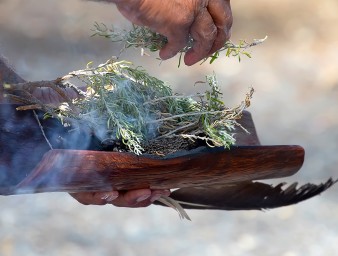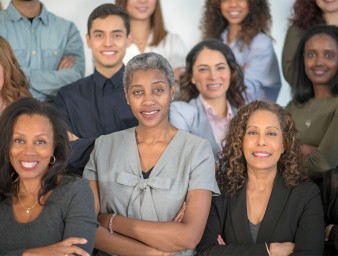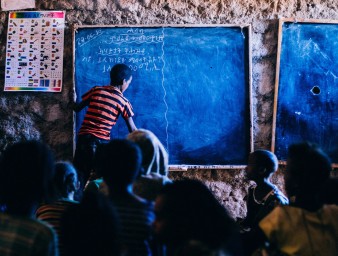Winds of Change in Tunisia
03 June 2011
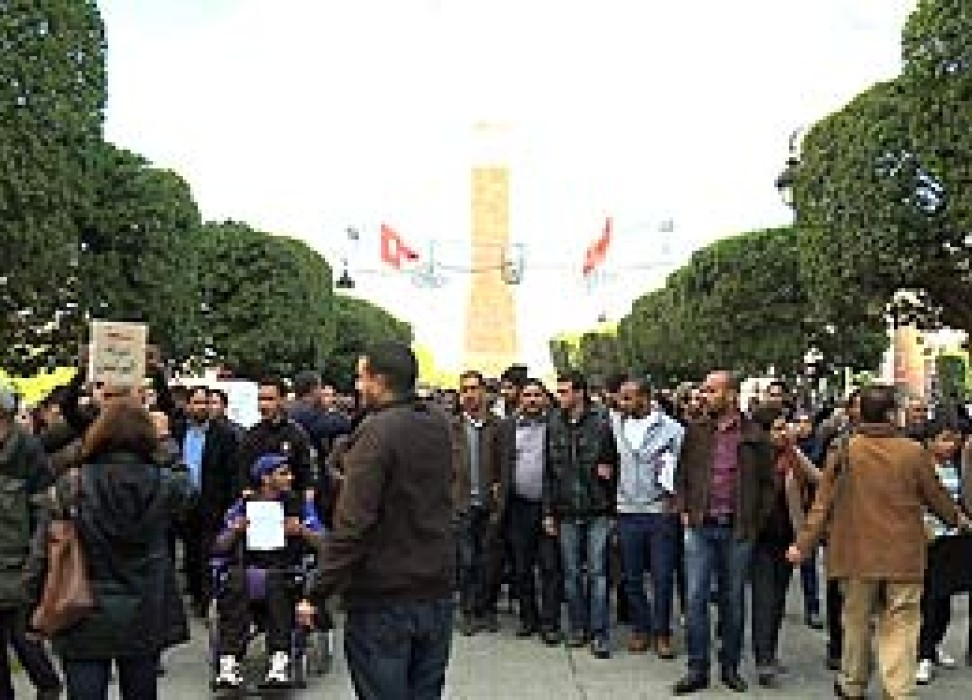
The demand for human rights lies at the heart of the vision for a ‘new’ Tunisia.
In cooperation with the Tunisian Transitional Government and civil society partners, the UN Human Rights office (OHCHR) is working to help the people of Tunisia realize their vision for a “new” Tunisia based on participation, accountability, justice and equality.
Collaboration between the Office and the Transitional Government is paving the way for the improvement of the human rights situation in the country. First steps include the need to address human rights violations of the past and to strengthen the judiciary. Meetings have been held with the Ministry of Interior and prison officials regarding training and procedural reforms to uphold human rights in the work of police, security forces and prison officials.
In April, OHCHR along with the International Centre for Transitional Justice and the Arab Institute for Human Rights, jointly hosted an international conference on transitional justice. Transitional justice aims at coming to terms with a legacy of past human rights violations, in order to ensure accountability, serve justice and achieve reconciliation. The conference looked at examples from other countries, especially countries in post-authoritarian settings, to see how they addressed issues such as criminal justice and judicial accountability, security sector reform and reparations. OHCHR is advising national institutions and civil society organizations to ensure they benefit from global lessons learned and good practices and to develop a locally appropriate approach. As part of the same process, OHCHR is providing advice and technical support to the Tunisian independent commission investigating human rights violations from the recent past.
Earlier this year, the Office undertook an assessment of the human rights situation in Tunisia, which concluded that respect, protection and fulfillment of human rights would be integral to the democratic future of the country and made a number of recommendations of what needed to be done to ensure this occurred. “Of particular importance during the transition period and beyond will be Tunisia’s strong and capable civil society,” the assessment report pointed out. The current collaboration between civil society and OHCHR focuses on training and monitoring human rights abuses. One example of this effort is the Office’s work with the Tunisian League on Human Rights and other civil organizations to provide training and monitoring material in support of the elections of the Constituent Assembly, set for 24 July.
A strong and independent national human rights institution is also an important priority. The former High Human Rights and Fundamental Liberties Committee is undergoing reforms to become more independent and consistent with international standards relating to national human rights institutions. OHCHR has provided legal advice and is playing a key role in the ongoing consultations toward developing the new draft law to establish the institution.
Recently, two UN human rights Special Rapporteurs, on torture and counter-terrorism, visited Tunisia. The expert on torture recommended that the Transitional Government seize the opportunity to establish and institutionalize safeguards to ensure accountability for violations and to prevent torture and ill-treatment in the future. The expert on human rights and counter-terrorism urged the Transitional Government to carry out reforms within the counter-terrorism framework, in compliance with international human rights law.
In a resolution issued in March, the UN Human Rights Council welcomed the process of political transition that has started in Tunisia and the commitment of the Transitional Government to fully realize the universal values of human dignity, liberty, democracy and human rights.
The lack of respect for “human rights were at the heart of Tunisia’s problems,” said UN Human Rights chief Navi Pillay and “therefore human rights must be right at the forefront of the solutions to those problems.”
“It is important that the seeds of change are sown wisely and sown now,” she said. OHCHR is working on the ground to nurture that process.
3 June 2011
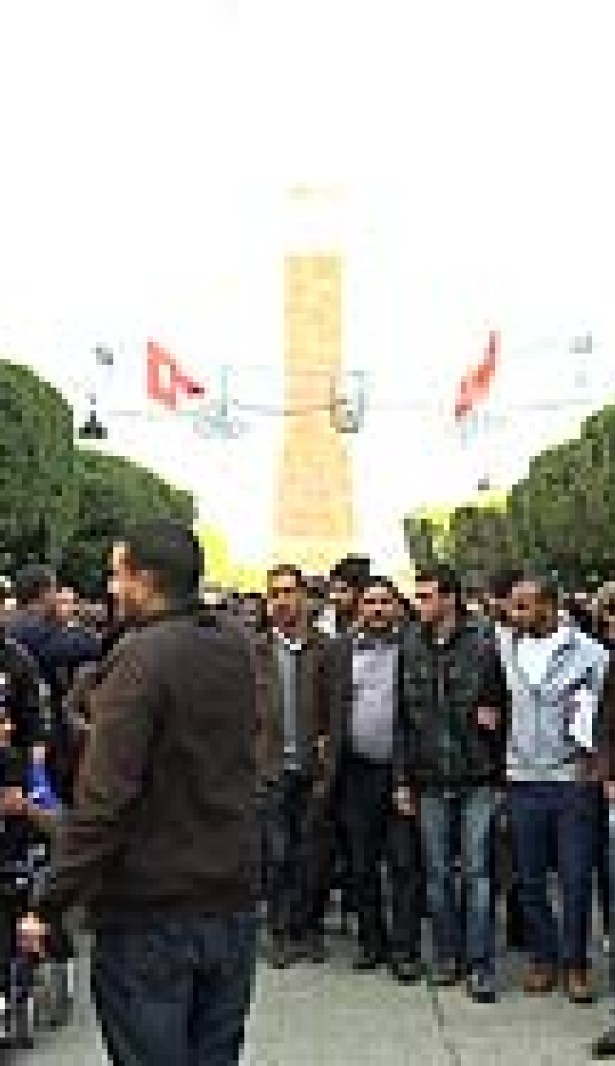
VIEW THIS PAGE IN:
